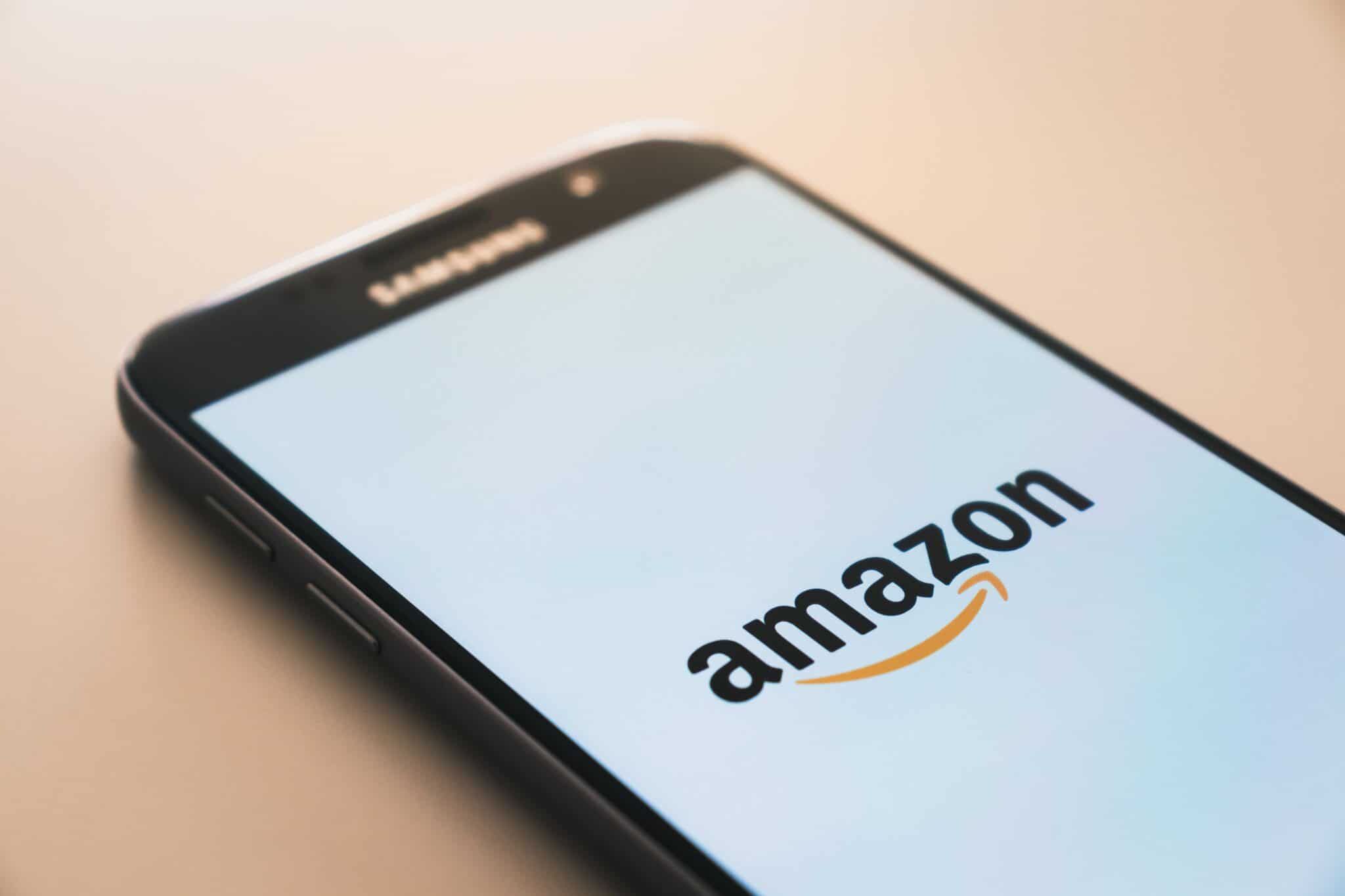
Alexandra Butler is a student at Harvard Law School.
The number of initial state unemployment claims decreased by 13,000 last week, resulting in a weekly adjusted total of 553,000 claims. While “signal[ing] an improving labor market and an improving economy,” these numbers don’t reveal the full picture. As the New York Times notes, long-term unemployment has become more prevalent among those who are still without work. And despite the progress made towards returning to pre-pandemic hiring patterns, work itself may be difficult to find in a labor market that has at least 8 million fewer jobs since the COVID-19 crisis began.
One month after workers’ efforts to unionize were thwarted in Bessemer, Alabama, Amazon revealed that 500,000 of its employees will receive raises. Under the new scheme, eligible workers will see hourly wages increase by amounts ranging from 50 cents to $3. Amazon’s decision appears to be one part of CEO Jeff Bezos’ larger plan to make, in his words, Amazon the “Earth’s Best Employer and Earth’s Safest Place to Work.”
A recent Vox article, however, highlights that this label, even if achieved, would not necessarily find support in fully accurate data. As a way to monitor employee satisfaction, Amazon requires each of its employees to respond to daily workplace-related survey questions. On the one hand, Amazon argues that its program, Connections, allows the company “to improve the employee experience continuously . . . and help[] managers . . . address concerns immediately.” Some employees, however, believe that other factors, beyond honest opinions, impact and skew worker answers. Such factors include a lack of faith in the anonymity of the program and the related fear of retaliation if answers can be traced back to its author.
New legislation in Montana removes an employer’s ability to make COVID-19 vaccinations mandatory for their employees. In nursing homes and related facilities, federal guidelines can preempt the restriction. This preemption scheme, however, does not cover hospitals. While the bill does allow all employers to mandate masks and other “reasonable” safety measures in the absence of affirmative knowledge of whether an employee is vaccinated, hospital staff remain “[c]oncern[ed] . . . [about] the[ir] ability . . . to protect patient and worker safety” under the new law.
On Thursday, Secretary of Labor Marty Walsh reemphasized the Biden Administration’s worker-friendly agenda. According to Walsh, “in a lot of cases, gig workers should be classified as employees,” highlighting the Executive Branch’s desire to “support[] the employer-employee relationship and all of the opportunities that it provides.” In addition, Secretary Walsh announced a new hiring plan that will increase the number of Occupational Safety and Health Administration (OSHA) inspectors by 160. In doing so, Walsh aims to improve working conditions around the country by making OSHA more effective and more responsive to employee concerns and complaints.






Daily News & Commentary
Start your day with our roundup of the latest labor developments. See all
January 16
The NLRB publishes its first decision since regaining a quorum; Minneapolis labor unions call for a general strike in response to the ICE killing of Renee Good; federal workers rally in DC to show support for the Protecting America’s Workforce Act.
January 15
New investigation into the Secretary of Labor; New Jersey bill to protect child content creators; NIOSH reinstates hundreds of employees.
January 14
The Supreme Court will not review its opt-in test in ADEA cases in an age discrimination and federal wage law violation case; the Fifth Circuit rules that a jury will determine whether Enterprise Products unfairly terminated a Black truck driver; and an employee at Berry Global Inc. will receive a trial after being fired for requesting medical leave for a disability-related injury.
January 13
15,000 New York City nurses go on strike; First Circuit rules against ferry employees challenging a COVID-19 vaccine mandate; New York lawmakers propose amendments to Trapped at Work Act.
January 12
Changes to EEOC voting procedures; workers tell SCOTUS to pass on collective action cases; Mamdani's plans for NYC wages.
January 11
Colorado unions revive push for pro-organizing bill, December’s jobs report shows an economic slowdown, and the NLRB begins handing down new decisions